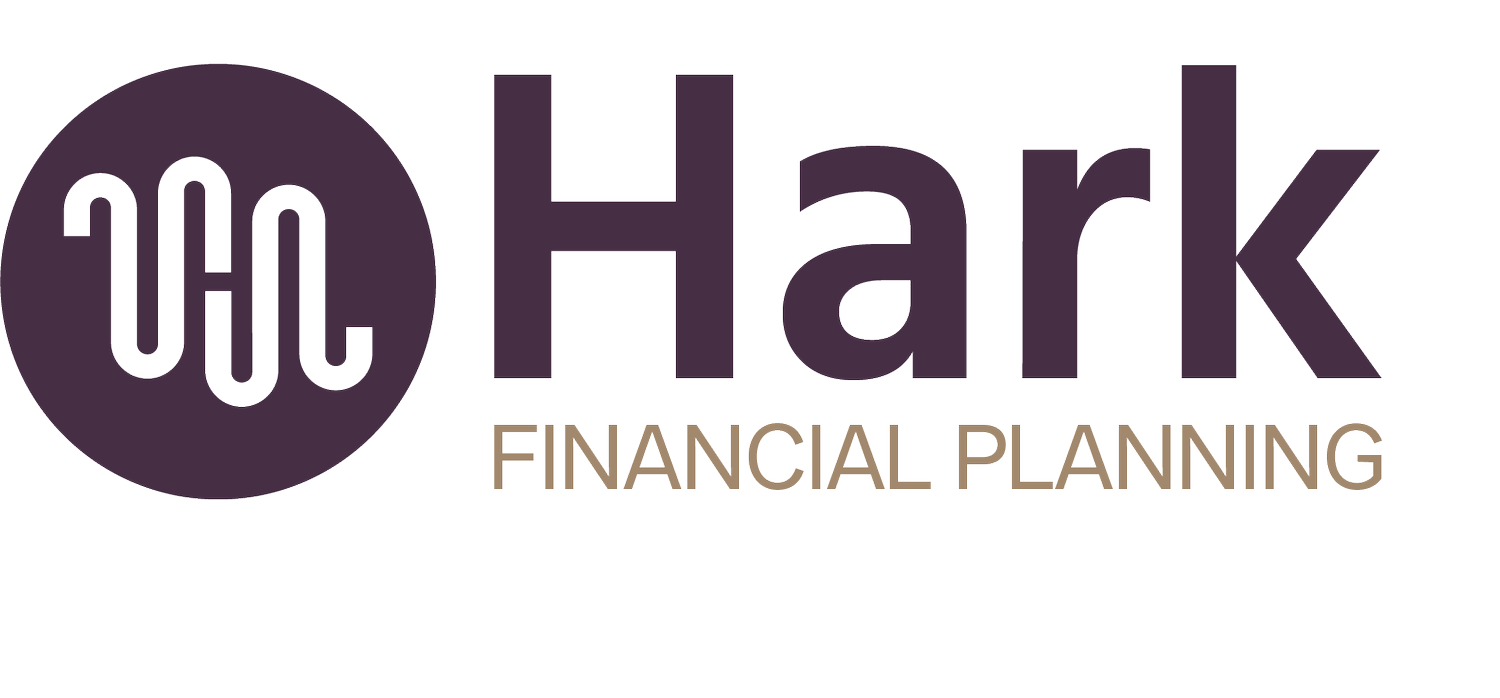What to Do If You Owe More Taxes Than Expected
Getting hit with a bigger tax bill than expected is never a good feeling. Maybe your estimated payments weren’t enough, your income was higher than planned, or new tax laws affected your deductions. Whatever the reason, you’re now facing a balance due—and possibly wondering what to do next.
Before you panic, take a deep breath. There are smart ways to handle an unexpected tax bill without derailing your finances. Here’s what you should do if you owe more than you anticipated.
Step 1: Double-Check the Numbers
Before paying anything, make sure you got it right. Mistakes happen, and tax software (or even professionals) aren’t immune to errors.
Review your tax return for any miscalculations or missing deductions.
Confirm that all payments were applied correctly—especially estimated taxes or withholdings from multiple income sources.
Compare your return to last year’s—if your tax bill looks wildly different, find out why.
If something seems off, talk to your tax professional or hire a tax professional. If you discover a mistake after filing, you may need to submit an amended return (Form 1040-X) to correct it.
Step 2: Pay as Much as You Can by April 15
If you owe, the best way to mitigate penalties and interest is to pay as much as possible by the tax deadline. Even if you can’t cover the full amount, making a partial payment reduces your penalty costs over time.
Payment Options to Consider:
Direct payment to the IRS (via bank account or debit card)
Credit card payment (beware of processing fees)
Borrowing from savings (only if it won’t cause financial hardship)
If paying in full isn’t possible, don’t ignore the bill—there are options to spread out payments without letting penalties add up unnecessarily.
Step 3: Set Up a Payment Plan If Needed
If you can’t pay everything by April 15, the IRS offers payment plans to help break up the balance into smaller, manageable payments.
Short-Term Plan: Pay off your balance within 180 days—no setup fee, but penalties and interest still apply.
Long-Term Plan (Installment Agreement): If you owe less than $50,000, you can set up monthly payments over several years. The IRS charges a small setup fee, but it prevents harsher collection actions.
Pro Tip: The IRS charges lower interest rates than most credit cards, so an installment agreement is usually better than putting your tax bill on a high-interest card.
Step 4: Consider Alternative Payment Options
If you need to free up cash to cover your tax bill, here are some options:
Home Equity Line of Credit (HELOC) – If you own a home, this can offer lower interest than other borrowing methods.
401(k) Loan – Some workplace retirement plans allow loans without tax penalties (but be cautious about borrowing from retirement).
Business Loan or Line of Credit – If your law firm or practice has access to capital, this could be an option.
Each choice comes with pros and cons, so it’s important to weigh them carefully before borrowing. Be sure to talk with a professional before making a decision as the right choice is unique to each persona and circumstance.
Step 5: Adjust Your Strategy for Next Year
Owing more than expected this year means you need a better plan for next year. Take steps now to avoid another surprise bill in 2025.
Increase your estimated tax payments. If you're self-employed or a law firm partner, make sure you're setting aside enough each quarter.
Adjust your withholdings. If you receive W-2 income, updating your Form W-4 can help ensure the right amount is withheld from your paycheck.
Plan ahead for deductions. Maximize tax-advantaged retirement contributions, track deductible business expenses, and make charitable contributions before year-end.
Work with a tax professional. A EA or CPA can help you project next year’s tax liability and create a plan to avoid another unexpected bill.
Don’t Let a Surprise Tax Bill Derail Your Finances
If you owe more than expected, you have options. The most important thing is to act quickly, make a plan, and avoid unnecessary penalties. Whether it’s setting up a payment plan, adjusting your tax strategy, or finding new ways to save on taxes next year, there are steps you can take to stay in control of your finances.
At Hark Financial Planning, we help lawyers and law firm partners navigate tax surprises and build long-term financial stability. If you need help making a plan for this year’s tax bill—or next year’s—let’s talk.
Schedule a consultation today and take charge of your tax strategy.

